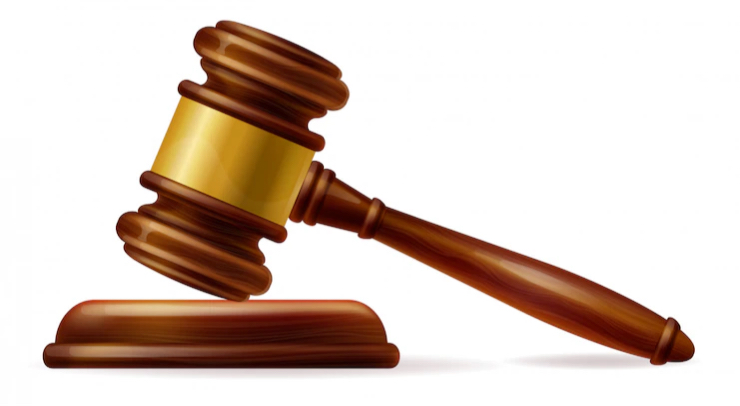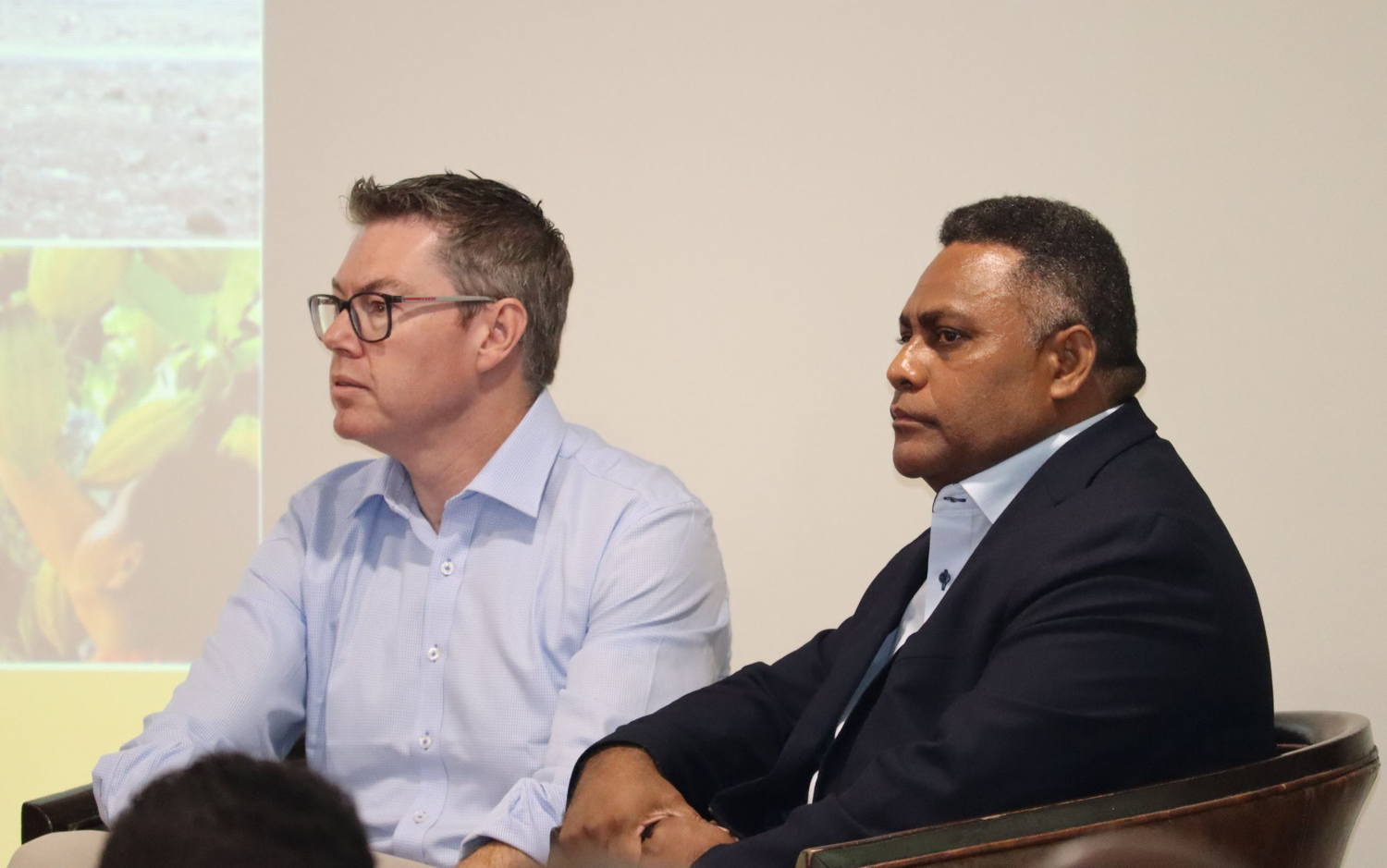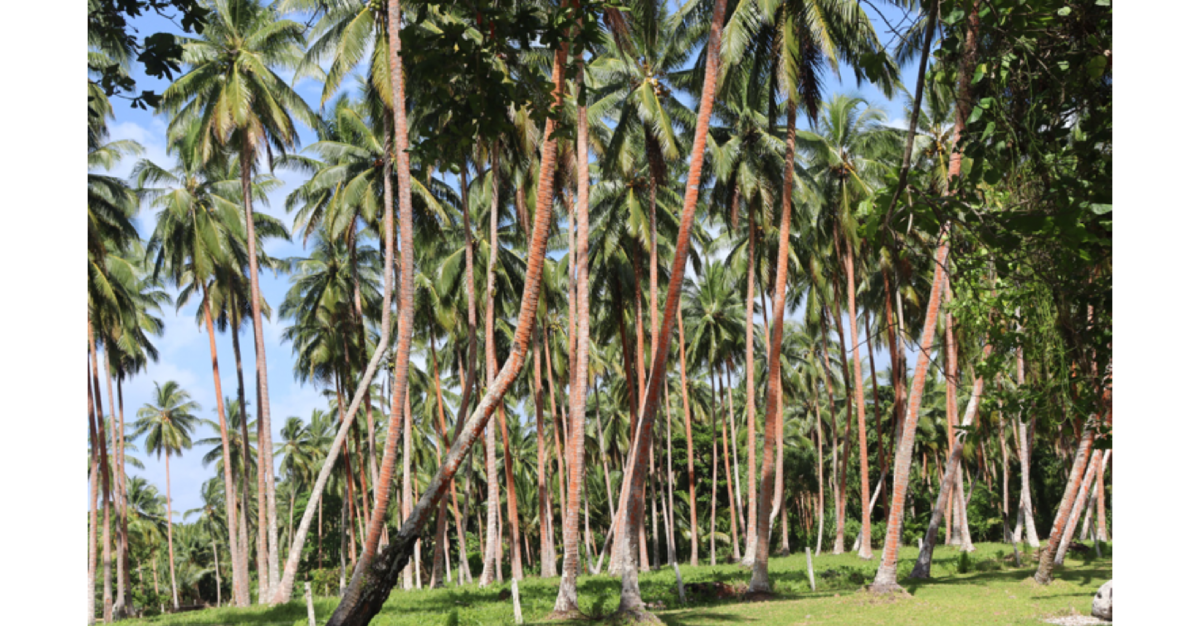The country’s legal system continue to operate under growing scrutiny, with allegations of systemic weaknesses and corruption contributing to a climate of impunity for the country’s political and business elites.
While petty criminals are swiftly prosecuted and punished, those accused of major offences often involving millions of dollars—rarely face the full force of the law.
In an exclusive interview with the Solomon Star this week, a former legal officer who previously worked with the Ministry of Justice and Legal Affairs said that Solomon Islands’ law enforcement and judicial institutions are “paralysed” by corruption and political interference.
This situation, the former officer warned, is “breeding injustice” and undermining public trust in the rule of law.
“The system is simply not working,” the former officer, who spoke on condition of anonymity due to concerns about professional repercussions.
“We see young men or women who steal a mobile phones or burglary get arrested immediately and face the full weight of the courts.
“But when it comes to big money, millions stolen from public coffers—nothing happens for years, if at all,” the former legal officer said.
This disparity is glaring in the contrast between the treatment of petty criminals and high-profile figures.
“Justice is swift when the accused is poor or powerless,” the former legal officer added. “But if the accused holds a high position—like a Member of Parliament, a senior government officer, or even a prime minister—cases are either delayed endlessly or not pursued at all.”
According to the former legal officer, this two-tiered system is driven by political influence and the pervasive misuse of power.
Cases involving bribery, embezzlement, and other forms of corruption often involve sums of money that could have otherwise been used to improve the lives of ordinary Solomon Islanders.
Examples of unresolved high-profile cases abound. Allegations of misuse of constituency development funds, bribery of public officials, and misappropriation of millions of dollars remain in the headlines but rarely progress to the courtroom.
“These are not minor infractions,” this officer emphasized.
“They are serious breaches of the law, yet we see them being treated as if they are nothing. The law should be blind, but it’s not—it sees who you are and how much power you have.
The consequences, he warned, are profound.
“When the law is not enforced fairly, it weakens the entire system. It discourages people from trusting the courts and the police, and it encourages more corruption because everyone sees that those at the top get away with it,” the former legal officer added.
The person recalled in the past, around the 70s and 80s, when any official corruption offense was committed by a public servant or senior government official, it’s either he or she will be jailed directly or fined.
“That’s when the law system is tough. Today, this is not the case,” another concerned citizen told this paper.
Legal experts and civil society groups have long argued that Solomon Islands’ legal system is in urgent need of reform.
They point to a lack of resources in the police force and judiciary, political interference in prosecutions, and outdated laws that fail to address modern challenges.
The former legal officer added, that while there has been some efforts to address these issues, much more needs to be done.
“We need to strengthen the independence of the courts, protect whistleblowers, and ensure that no one is above the law. Otherwise, we will continue to see the same patterns of injustice,” the Officer added.
Public frustration is growing, as citizen’s watch millions of dollars disappear while basic services such as health and education remain underfunded. Many are demanding accountability and an end to the culture of impunity.
On the other perspective, those in power are well off, have multiple houses, vehicles and owned multiple businesses operated in different places.
“People are tired, we have laws in this country, but they mean nothing if they’re not applied to everyone equally,” the former legal officer added.
The Solomon Islands Independent Commission Against Corruption (SIICAC) is with out a leader after Director General John Kouni’s contract expired in April.
The Office of the Prime Minister and Cabinet (OPMC) has not renewed Kouni’s contract, leaving the commission effectively dormant since it was established under the Anti-Corruption Act 2018.
Former SIICAC Chairman Sir Frank Kabui recently voiced his concerned describing the commission as a “tiger without its teeth.
“The Anti-Corruption Act created a tiger, but one that cannot bite,” Sir Frank said. “It may have a big name, but it lacks the power to act. So what’s the point of having it?”
Sir Frank revealed that he had previously approached the OPMC to review the Anti-Corruption Act, only to be told that the government intended to turn the commission into a part-time entity.
“There is no precedent globally except in one or two rare cases for an anti-corruption commission to operate part-time,” he said. “We are powerless. We’re sitting here doing nothing. The government has done nothing to review the Act to this day.”
Sir Frank emphasized that changing the legislation would not be difficult if there were genuine political will.
“There’s nothing wrong with amending legislation. Parliament can easily pass it, but it requires commitment—something that’s clearly missing,” he said.
According to the 2023 Corruption Perceptions Index (CPI) released by the Transparency Solomon Islands (TSI), which assesses countries on a scale of 0 to 100, with 0 being highly corrupt and 100 indicating a very clean public sector, the Solomon Islands scored 43 to 100.
This result indicates a worrisome level of corruption, which can have severe implications for the country’s socio-economic development, public trust, and international reputation.
The CPI report also highlights the order of the most corrupt practices is categorized in levels. This top level includes the Member of the Parliament (MP), the Judiciary, the Private Companies, Public Servant, Schools and Churches.
By ULUTAH GINA
Solomon Star, Gizo





